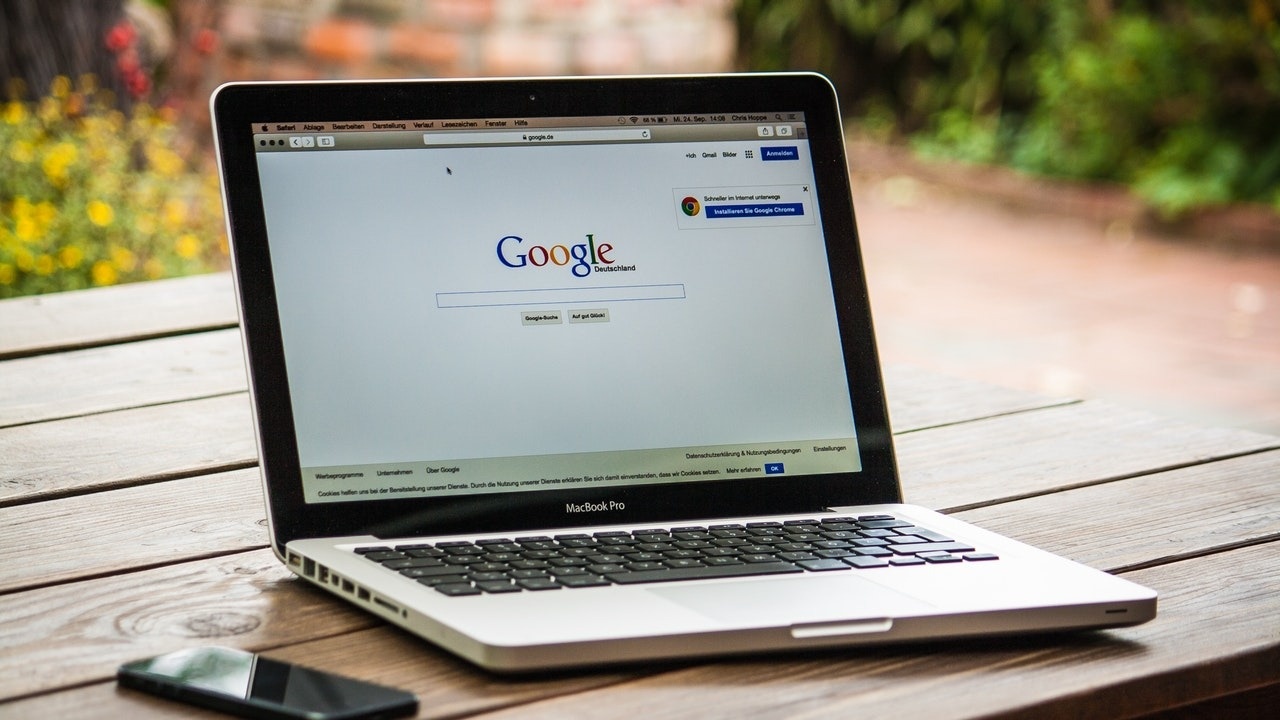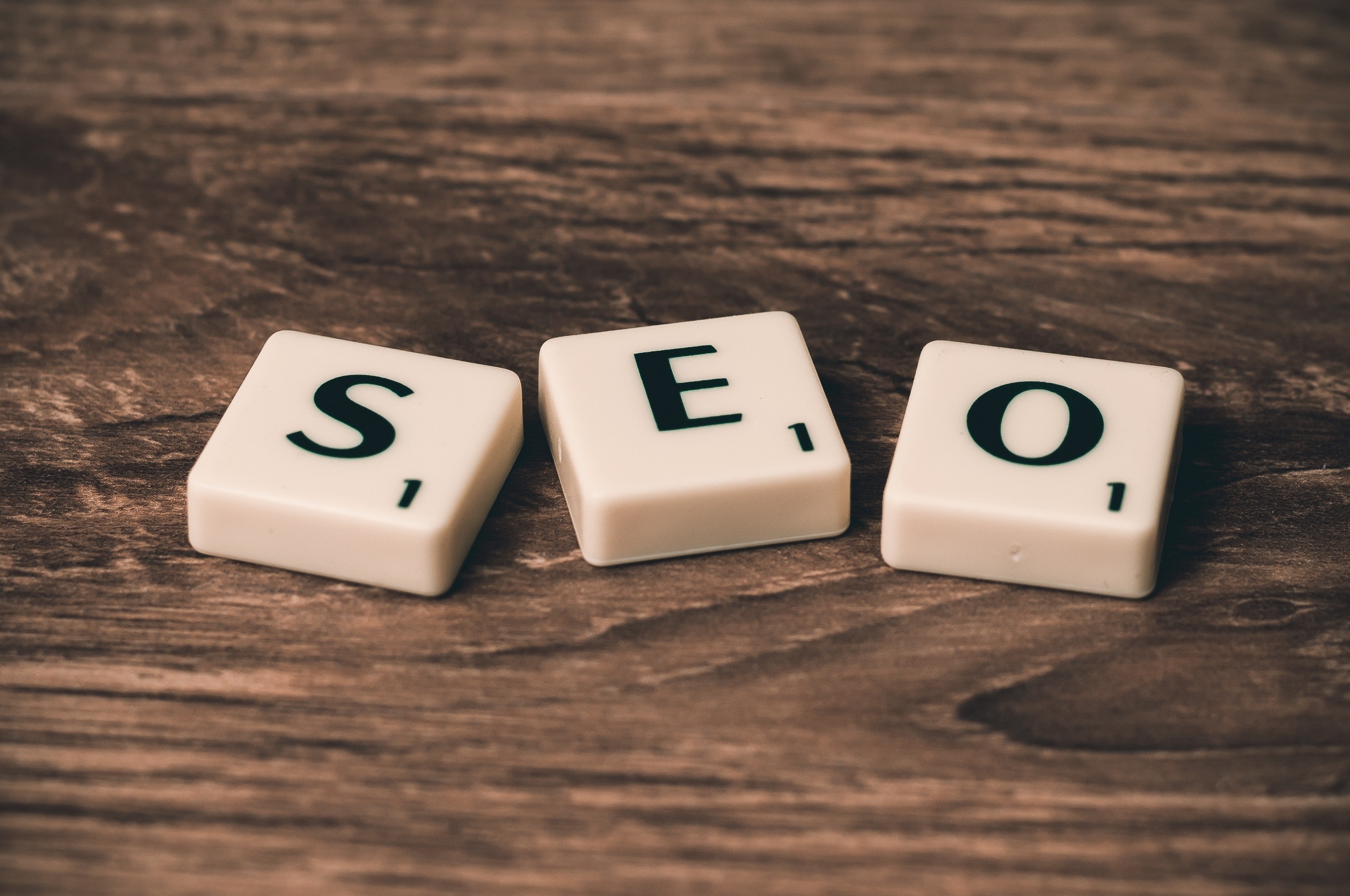
10 ways to improve SEO and get a page one Google rank
Many businesses are focused on SEO, or Search Engine Optimization, to rank higher in search engine results. This list of 10 ways to improve SEO and get a first page Google rank will help you properly optimize your website and move more quickly to page one on Google.
1. SEO is about writing for the right audience
Many SEO experts neglect the fact that SEO is about the quality of their content and how it helps their audience. You can't just write for keywords anymore: to succeed in SEO, you need to write exceptional content with high value. If you want proof, look at many so-called "SEO" websites: they have little value and no one reads them! And when it comes down to it, if people aren't reading what you wrote, it doesn't matter if you rank number one.
SEO is about making sure that the people who need your product or service can find it easily by using search engines. SEO will only be successful when you write content with readers in mind, not SEO experts.
Still, it's important to remember that your audience often begins its journey on Google, and Google wants to give users relevant results and a positive experience when they use their search engine.
This means if searchers are looking for information on car repair, their top priority is going to be finding accurate information -- not expensive ads or lengthy articles that don't answer the question asked. When writing SEO-friendly content, try highlighting important points early on and get right into what problem your page solves instead of burying it deep down in the page and letting readers guess what you're trying to tell them.
2. SEO is about your website, not just SEO elements
The SEO elements of your website are the structure and content of your website. But there are other SEO factors to consider: how fast does your site load? How does it look on mobile devices? Does it provide a good user experience? All of these questions contribute to SEO, so don't forget them when improving SEO for page one Google ranks.
Not sure which factors are important, or if your site is optimized for them? A free website assessment can help.
3. Make sure that you optimize images
To optimize images, make sure that they're relevant to the keyword you're targeting; use the same keywords in each image's alternative text (Alt tags) - this will help people find relevant images when they search; keep your image sizes optimized for SEO and your website, and don't stuff keywords: use the keyword once in each image.
The more images you have, and the bigger they are, the better it is for SEO.
4. Links are essential to SEO
There are two kinds of links that improve SEO: internal links (links inside of your site) and outbound links (links to other sites). Without these SEO elements, you cannot rank highly on search engines! When optimizing your SEO with external links, ensure that the content they're linking to is relevant to your target keywords - if it's not relevant, then Google will ignore them because you're not providing useful information.

5. Use social media SEO elements
When posting on social media websites like Facebook or Twitter, be sure to use SEO keywords and tags. This includes hashtags (i.e., SEO keywords used in Twitter), SEO-friendly message text, SEO titles for your posts, SEO-friendly profile names/ usernames, SEO descriptions for your profiles or page texts, etc.
6. The more quality content you have, the better it is
The more content you have on your website - provided that it's relevant - the better your SEO will rank! Because Google started using user experience as a part of its SEO algorithm, having good articles with high value ultimately helps raise page one Google ranks. And don't just write these articles once: keep writing them over time to keep up this SEO element!
7. Use audio SEO elements
Audio SEO is possible through SEO keyword tags, SEO-friendly file names, SEO title tags, SEO descriptions for audio files, and SEO-friendly URLs. If you want more information on how to optimize your audio SEO, check out this article on SEO Elements that will Help More of Your Content Rank.
8. Video SEO is vital to companies
To improve companies' video SEO optimization efforts, they should use SEO titles and description tags for their videos; make sure the length of their videos are a reasonable time (less than five minutes); provide a transcript of what's being said in the video; ensure the content of the video is relevant to their target keywords; upload them with a quick loading speed; create quality contents for page one SEO ranks.
9. Optimize SEO for mobile devices to improve SEO elements
Today's audiences are using their smartphones or tablets to go online, so it's essential that you optimize SEO for these devices! This means ensuring SEO websites are responsive (i.e., it changes depending on the screen size), SEO-friendly URLs, SEO titles and meta description tags, SEO-friendly alt tags for images, etc.
When optimizing your SEO with these small screens in mind, make sure not to replicate your desktop content - keep them separate!
10. Remember that content is king!
High-quality content will always be an integral part of improving SEO elements. But don't just write any old article: ensure it's relevant to your target audience; optimize each page with its SEO keywords; offer the best SEO titles and SEO descriptions for each page; be sure to keep your content quality high!
It's worthing emphasizing that the "O" in SEO stands for "Optimization." It's one thing to have a beautiful website, packed with wonderful products and services. It's another thing to make sure people can find your website on page one of their Google search. Are you ready to optimize your site?
We can help you take your business to the top.
Your email is safe with us; we respect your privacy

